Asia
2009
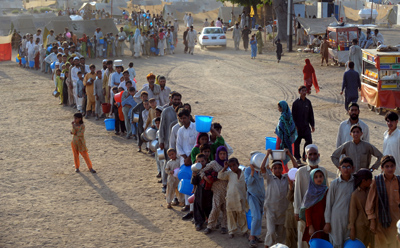
As combat raged, local reporting was stifled
Yesterday, I reported on the plight of Behroz Khan and Rahman Bunairee, two Pakistani journalists whose homes were destroyed by militants. Many other journalists in the North West Frontier Province, or NWFP, faced grave dangers and were forced to flee, undermining independent reporting in the region. The same early July night that Khan and Bunairee’s homes…
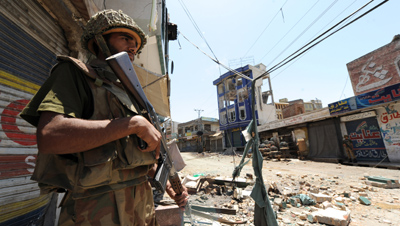
In Pakistan conflict, grave risks for reporters
The September 30 Daily Times in Pakistan headlined a story “Peace being gradually restored in Swat,” although daily skirmishes continue between the military and militants. A few days earlier, a massive car bomb in the heart of Peshawar killed at least 10 people and left some 70 wounded, while an explosion destroyed a police station…
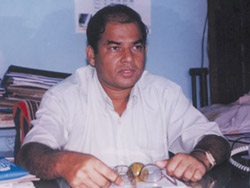
The pure goodness of Manik Chandra Saha
An excerpt from Marked for Death: Dying for the Story in the World’s Most Dangerous Places, by Terry Gould: At first glance there is nothing particularly threatening about Khulna. Like most regional capitals in Bangladesh, it is hot and crowded, but its remote location in the waterlogged southwest has preserved its rural nature. Around Khan…
Journalists under threat: The psychology of sacrifice
Over the summer, as a book I’d written about the lives of murdered journalists went to press, a crusading human rights reporter from the Russian republic of Chechnya was shot dead. I was not surprised by the details of her murder, just as the Chechen reporter was not surprised she’d become a target for execution:…
Afghan journalists call for justice in Munadi’s death
A large group of Afghan journalists met on Sunday in Kabul. They were angry about the death of New York Times journalist Sultan Mohammed Munadi in the September 9 British-led rescue attempt to free him and Times’ reporter Stephen Farrell, who survived unharmed, from kidnappers. After the meeting, they sent me a list of demands…
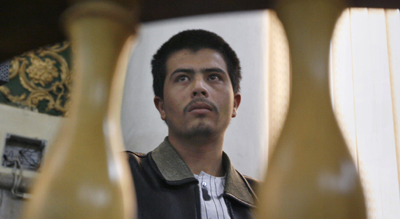
Amid woes, Kambakhsh release a moment to celebrate
We received great news that Parwez Kambakhsh, a 24-year-old Afghan journalist and student who was unjustly convicted of blasphemy and serving a 20-year term, was released from prison. But happiness over his release—the product of intensive advocacy by CPJ and others—is tempered by deteriorating press conditions overall in Afghanistan.
Lee and Ling: ‘Instinctively, we ran.’
Current TV journalists Laura Ling and Euna Lee were arrested by North Korean police on March 17 for allegedly entering the country illegally and carrying out “hostile acts.” In June, they were sentenced to 12 years’ hard labor. Now back in the U.S. after receiving a pardon, the two are telling their story on Current.com,…
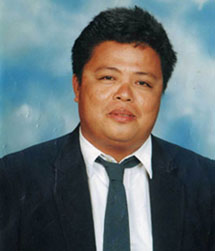
Philippine murder case granted change of venue
A Supreme Court decision to allow a change of venue in the trial of three suspects accused of murdering journalist Dennis Cuesta, at left, in August 2008 sets a hopeful precedent in the fight against impunity in media killings in the Philippines. The decision was granted in mid-July and press freedom groups tracking the case…